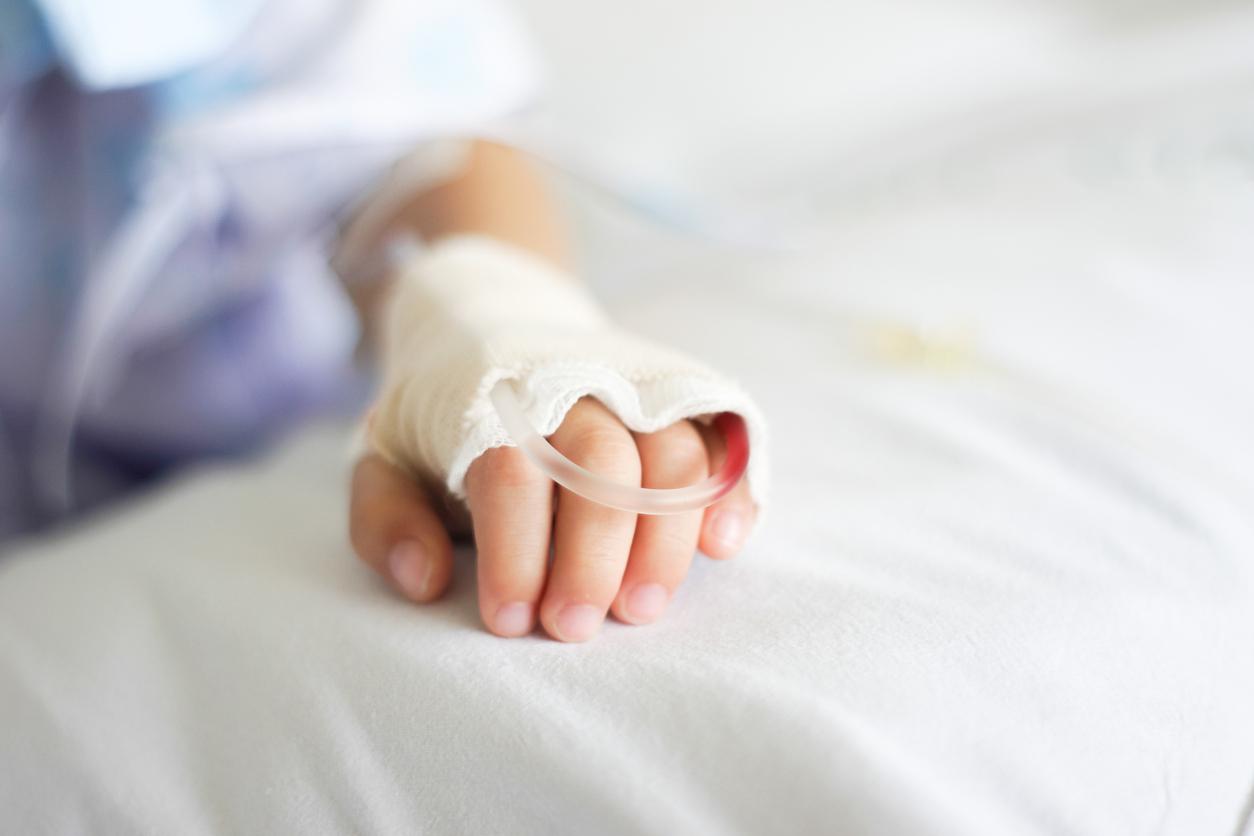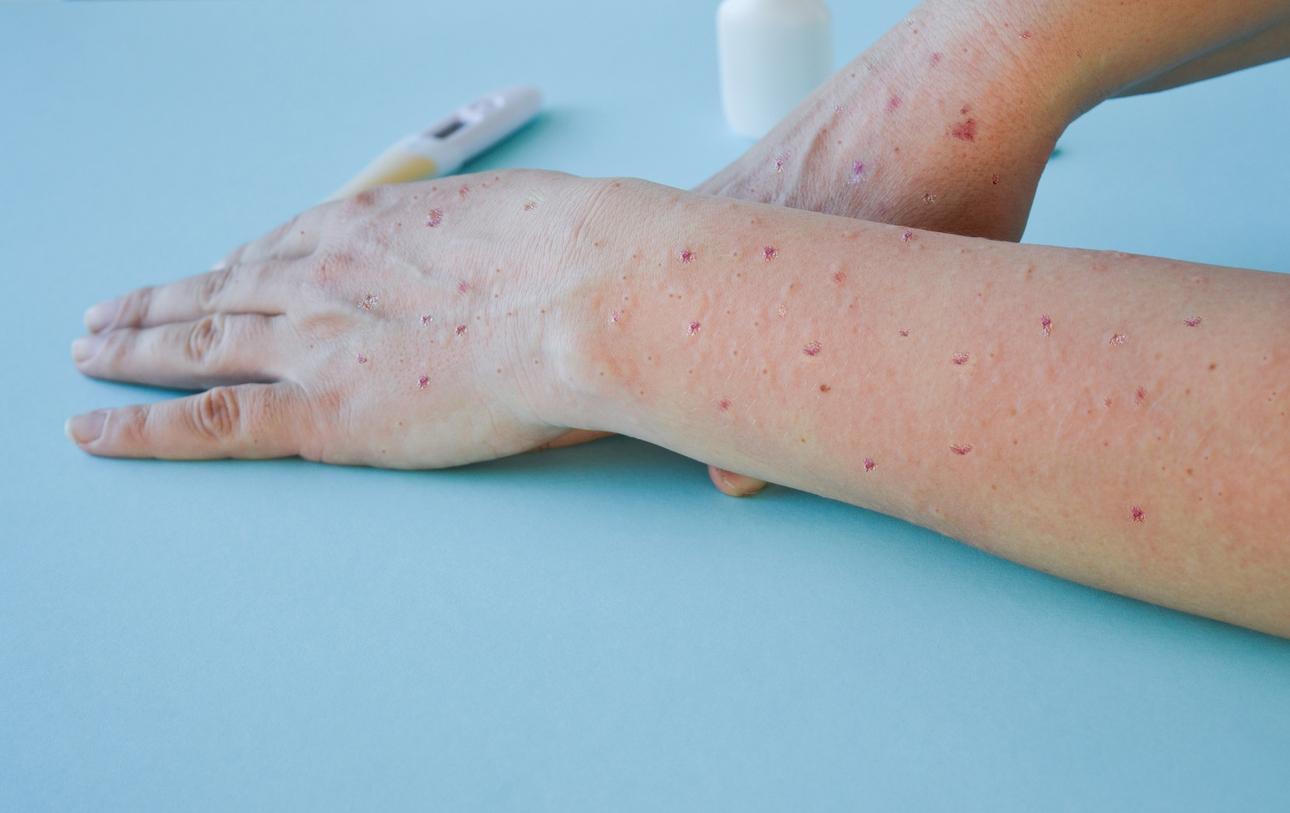The High Council of Public Health has just recommended sexual abstinence for 3 months for convalescents from Ebola. Mothers should refrain from breastfeeding during this same period.

Even after clinical recovery from Ebola hemorrhagic fever, an infected individual could still transmit the virus through their semen for at least 12 weeks, the World Health Organization recently reported. For this reason, the WHO advises these people to abstain during this period from any type of sexual relation, or at least to use a condom. The agency also recommends that these men maintain personal “good hygiene” after any acts of masturbation.
A recommendation followed by France since the High Council of Public Health (HCSP) now recommends sexual abstinence for three months for recovering from Ebola.
No oral sex either
In an opinion published a few days ago, the body advises ex-Ebola patients not to have sexual relations (including oral), for a minimum period of three months.
And if sexual abstinence is not possible, the HCSP recommends the use of condoms and careful washing of hands with soap and water after handling this means of protection. During this same three-month period, patients should also wash their hands after any urination, defecation, or handling of personal hygiene protection.
To explain this position, the HCSP distinguishes between fluids for which the clearance (capacity of a tissue, organ or organism to rid a fluid of a substance) is rapid during clinical recovery (blood), those for which the clearance is intermediate (urine and vaginal secretion) and those for which the clearance is prolonged (semen).
No breastfeeding for three months
In addition, the HCSP also advocates the prohibition of breastfeeding for three months following the disappearance of symptoms, although it recalls that “the presence of virus in breast milk after its disappearance in the blood does not been postponed in only one case so far. He points out, however, that it is possible that “the mammary gland, like the gonads and the eye, constitute immunologically protected sites in which the clearance of the virus is delayed. “
Finally, the High Council also issues recommendations concerning the safety of care within three months of leaving solitary confinement. “Examinations involving contact or manipulation with mucous membranes or their secretions, such as ophthalmological, gynecological or dental examinations must, except in an emergency, be postponed to three months’ time,” concludes the HCSP.
.

















